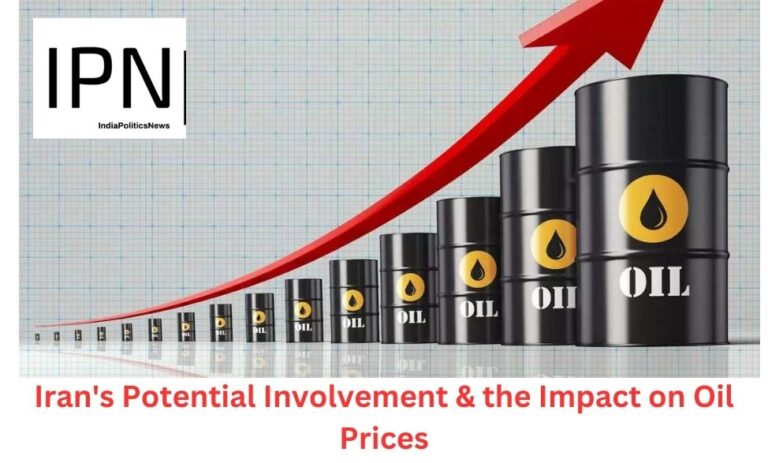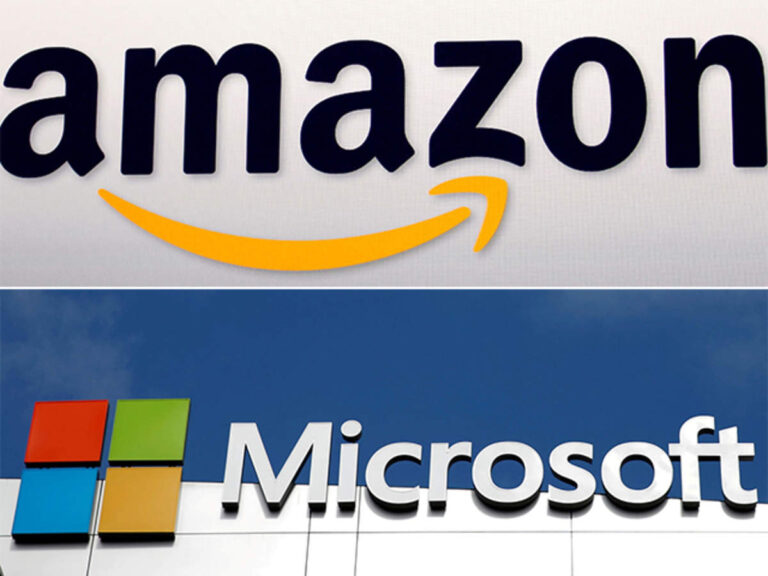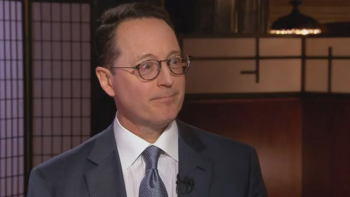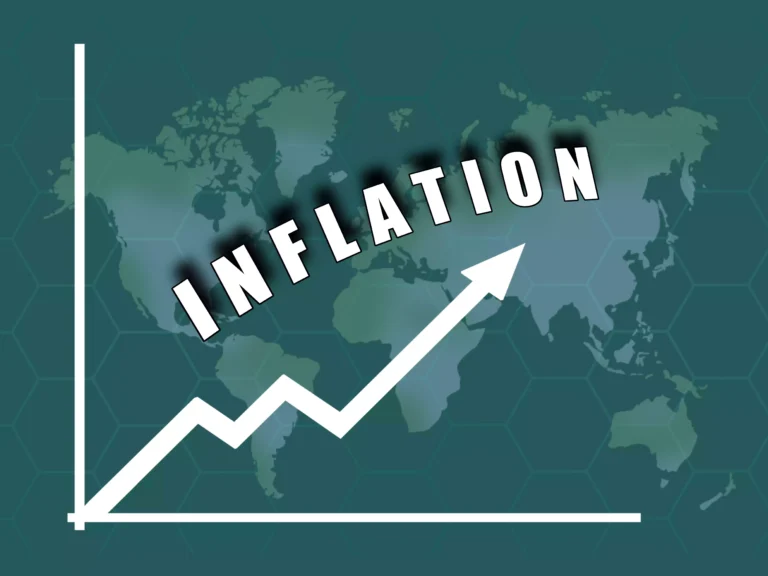The U.K. Adopts Pro-Motorist Policies Amid ‘Greenlash’
The U.K. government has unveiled a series of pro-motorist policies, aligning itself with a growing trend of resistance to Europe’s ambitious green agenda, known as the “greenlash.” As the cost of implementing environmental policies faces citizen resistance, some European governments have started to backtrack on their eco-friendly targets.
Protecting Motorists from ‘Over-Zealous Traffic Enforcement’

Sopa Images | Lightrocket | Getty Images
Transport Minister Mark Harper recently announced concessions aimed at safeguarding motorists from what he termed “over-zealous traffic enforcement.” These measures include limits on councils’ authority to impose speed restrictions, curbs on daily bans of car traffic in bus lanes, and the introduction of a simplified national parking payment system.
Read more: Meta’s Plan to Introduce $14 Ad-Free Instagram, Facebook Access Sparks Controversy in Europe
Appeasing Rural Voters Ahead of Elections
The decision coincides with the Conservative Party’s efforts to gain support from voters, particularly those in rural areas who feel unfairly impacted by green transport policies. The move is seen as a bid to secure voter backing in the upcoming General Election in 2023.
Conservative Party’s Pro-Car Stance
Harper emphasized the Conservative Party’s pro-car stance, declaring, “We stand for freedom to travel how you want.” This shift comes in response to concerns raised by many rural constituents who believe they are adversely affected by green transport policies.
‘Sinister’ 15-Minute Cities Critique
Harper criticized the concept of “15-minute cities,” an urban planning idea where all amenities are within a 15-minute walk or cycle. While the concept was applauded for its green aspects and accessibility during the pandemic, it was misinterpreted by conspiracy theorists as a government plot for control. Harper termed it “sinister” and suggested that local councils should not be allowed to ration road use.
Read more: Amazon and Microsoft Face UK Competition Probe Over Cloud Dominance
U.K. Green Agenda Undergoes Changes
The U.K.’s green agenda has seen notable alterations, primarily initiated by Prime Minister Rishi Sunak. Last month, Sunak postponed the ban on the sale of new gasoline and diesel cars to alleviate the financial burden on households. Subsequently, Sunak redirected funding from a section of the HS2 high-speed rail network to local transport projects and road networks, a move aligned with his campaign slogan, “Long-term decisions for a brighter future.”
European ‘Greenlash’ Grows
The U.K.’s shift in green policies reflects a broader European trend of politicalizing environmental measures amid rising concerns about the cost of living. Germany recently delayed a gas boiler phaseout, the Netherlands experienced a significant protest party victory over nitrogen pollution cuts, and France and Belgium called for a pause on the European Union’s green legislative agenda. In London, Mayor Sadiq Khan’s expansion of the Ultra Low Emission Zone (ULEZ) faced backlash due to higher fees.
Government’s Position on Going Green
Claire Coutinho, the U.K.’s Minister for Energy Security and Net Zero, reiterated the government’s stance, emphasizing that going green should not be forced upon the public. She criticized the opposition Labour Party, accusing them of coercing people into making eco-friendly choices and deeming their plans “toxic” and detrimental to popular support for net-zero initiatives.
The growing resistance to green policies across Europe highlights the need for governments to balance environmental goals with public concerns about affordability and livelihoods.






